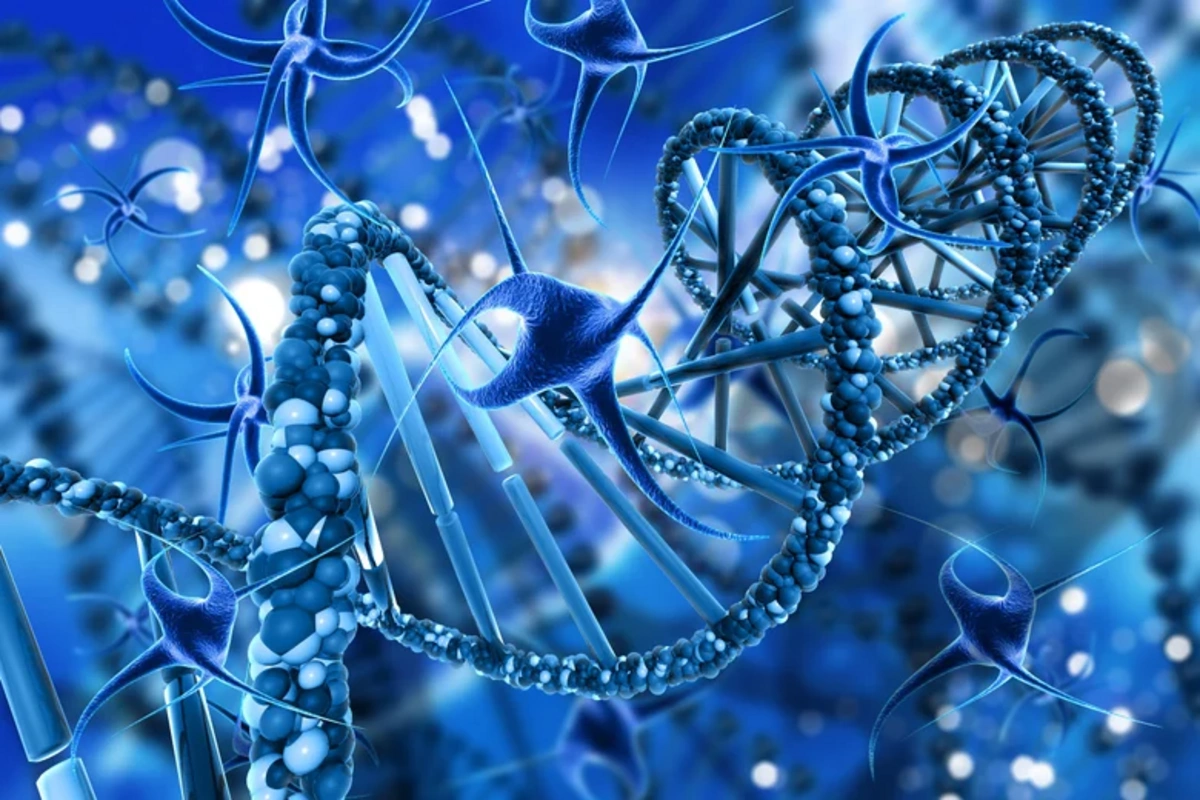Scientists have identified an unexpected factor in human DNA evolution

The deficiency of vital microelements, such as iodine, magnesium, and iron, could have influenced human evolution, leaving a trace in human DNA.
This conclusion was reached by scientists from University College London (UCL). The research results were published in The American Journal of Human Genetics (AJHG).
Scientists analyzed 276 genes associated with the absorption and metabolism of 13 key minerals, including zinc, selenium, calcium, and potassium. In populations living in conditions of deficiency or excess of certain elements, scientists noticed changes in genes related to their absorption.
Genes responsible for processing these substances underwent positive selection. This means that natural selection reinforced versions of genes that help the body better cope with mineral imbalances.
For instance, the Mbuti people in Central Africa - a short-statured group living on iodine-poor soils - were found to have genetic adaptations in iodine-dependent receptors. Similar changes were found in the Maya people in Central America. These regions also recorded a relatively low prevalence of thyroid enlargement. Scientists suggest that reduced height could have been part of a protective adaptation to iodine deficiency.
In South and Central Asia, where soils may contain excess magnesium, changes were identified in the FXYD2 and MECOM genes associated with magnesium absorption. These mutations could have reduced the risk of toxicity by limiting the element's absorption.
"We found signs of adaptation to at least one mineral in almost every population studied," notes project leader Jasmine Rees. "This indicates that micronutrients were an important evolutionary factor throughout human history."
Similar News
Incredible beauty: Internet discussing the appearance of Steve Jobs' daughter
27-year-old Eve Jobs, daughter of Apple founder Steve Jobs, attended the Bottega Veneta show during Milan Fashion Week. The business tycoon's youngest heir shar...




 Azərbaycanca
Azərbaycanca  По-русски
По-русски  English
English 






